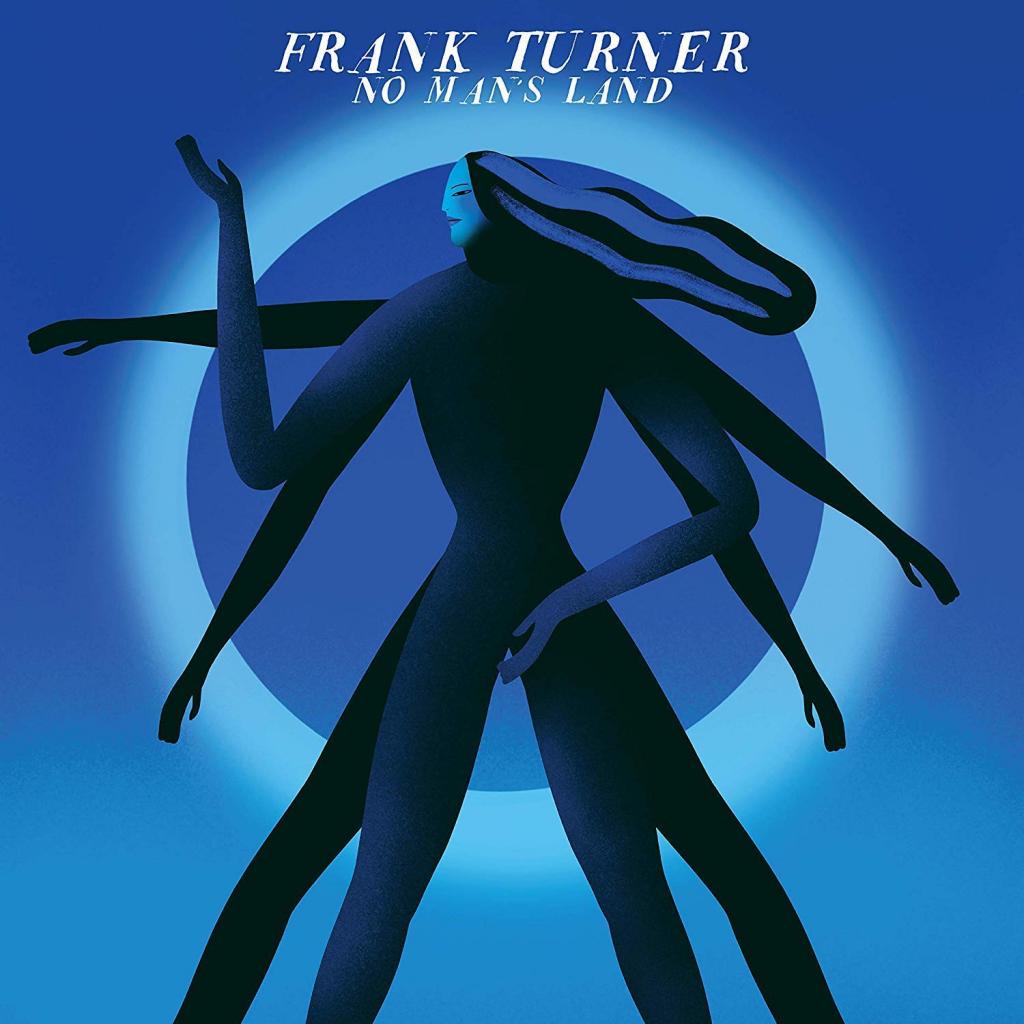Frank Turner Celebrates Women’s Stories on ‘No Man’s Land’

Frank Turner’s always been a literary fellow. One of his earliest and best songs is “I Knew Prufrock Before He Got Famous,” and he’s sprinkled a few other T.S. Eliot references in his work over the years. In 2015, he penned an autobiography and earlier this year published Try This at Home: Adventures in Songwriting, briefly excerpted in No Depression’s Spring 2019 print journal, which provides a deep dive into his songwriting and storytelling process.
Considering his love of narrative forms and breadth of cultural and historic knowledge, it’s kind of interesting to think that Turner’s never really taken a crack at a concept album. Until now, that is, with the release of No Man’s Land. Not a concept album in the song-to-song narrative fashion, the LP is conceptually bound by a unifying theme: women. Not in a creepy or pandering way, like a Gene Simmons concept album about women would be, but in a thoughtful fashion indicative of real research and reverence for its subjects.
Now, about those subjects. Some of them (Sister Rosetta Tharpe, Mata Hari) are fairly famous, while others (Turner’s mother, Rosemary; Jinny Bingham) are not. But all their stories are brought to vivid life, and Turner mixes up his musical approach from song to song to accomplish that. “Jinny Bingham’s Ghost,” about a coachhouse owner from the 17th century who was (presumably falsely) accused by locals of being a witch, is a barreling country song. Meanwhile, “Nica,” which tells the tale of British-born jazz writer and patron, is a nifty slice of coffeehouse jazz befitting a woman who was a close friend of Thelonious Monk and Charlie Parker.
As referenced above, “Rosemary Jane” is about Turner’s mother. It manages to be introspective and loving without seeming forced or schmaltzy. As the album’s closing track, it provides the necessary personal touch to make No Man’s Land more than just a literary thought experiment and connects the album to his existing body of work.


